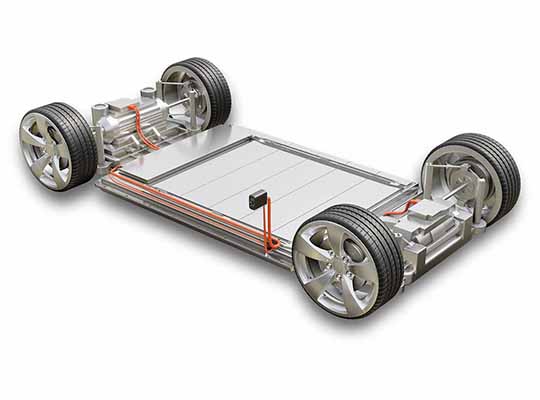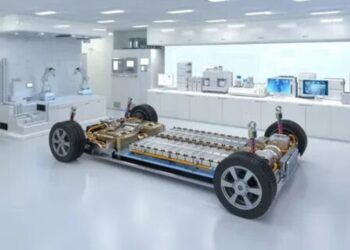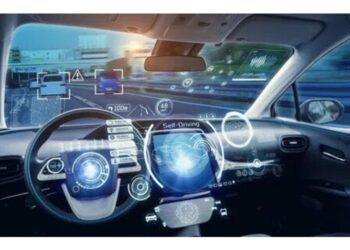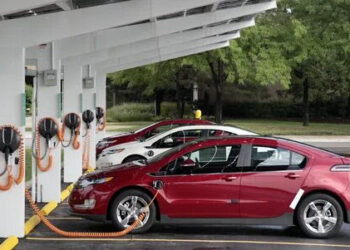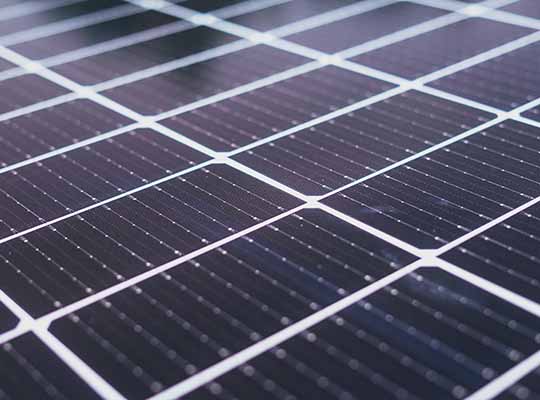The “Voice of the Customer: Electric Vehicle & Powertrain Services and Features, 2022” report has been added to ResearchAndMarkets.com‘s offering.
Europe continues to be the leading market for electric vehicles. BEVs are considered ‘clean’ innovations where tech gadgets render high-tech attributes when compared to ICEs. Frost & Sullivan assessed new customer attitudes and preferences for alternative vehicles and powertrains by vehicle segment and key demographics. The publisher carried out more than 2100 interviews among potential customers of vehicles in the EU5 region.
Respondents included car owners or primary users of a car, and decision-makers in car purchasing and new car purchases planned for the next three years. Most of the car owners who responded drive ICE, PHEV, BEV, and volume brand cars that were purchased outright.
Almost 63% BMW owners reported the highest re-purchase intention, compared to the lowest for Renault owners at 31% and 50%. Reported brand loyalty for the ability of the current vehicle brand to deliver is compelling BEVs, but almost 25% of the respondents think that external industry players can also offer similarly competitive products. Currently, PHEV drivers showed a higher frequency of vehicle usage – by ~40% on average compared to ICE vehicle drivers – for key uses, such as commuting to work, school drop-offs, and driving to sports venues. PHEV drivers also have a higher number of people living in the household than BEV owners.
More than 80% of the respondents own their homes and live in urban or suburban environments. About 45% of the respondents live in detached villas and 54% in flats/condominiums, but 91% have access to private parking. Demographically, the high expected PHEV all-electric range of 108km is higher than most current OEM roadmaps. Older generations are expecting an even higher range, while Gen Z is less demanding with an average expectation of 50-75km.
Also, the sample reflects the more affluent and higher educated population who are driving newer vehicles and intend to buy new cars.
Concept tests show that all respondents appreciate the additional benefits of EVs, that of serving as an energy supply source with 60% stating interest in supplying energy back to the grid to reduce home energy costs. Italy & Spain appear to be most enthusiastic about these possibilities, while the UK comes across as least prepared to pay a premium for these additional capabilities in the EU5 region.
Key Topics Covered:
1. Strategic Imperatives
2. Research Objectives and Methodology
3. Key Findings
4. Respondents Profile and Driving Habits
5. Customer Preferences for the Next Car Purchase
– Strong Intention to Switch to EVs
– The Trend for More Electrified Similar n All Countries
– PHEV and Hybrids are the Most Considered ext Vehicles
– Considered and Preferred Engine for Next Car
– Type of Engine Considered for Next ar by Segment
– Preferred Type
– Loyalty in Brand Translates Trust in BEV Competence
– Safety, Costs, and Fuel type Most Important Attributes
– Vehicle Safety, Running Costs, and Purchase Price Remain Top Customer Concerns Across Geographies
– Important Aspects When Purchasing Next Car
– Which Vehicle Attributes Have Become More Important Since COVID-19?
– Annual Mileage Expectations with the Next vehicle
– EV Buyers Prefer a Completely New Model Versus ICE Equivalent
6. Attitudes Towards Electric Vehicles
– Zero Emissions, Environmental Impact, and Quietness are the Attractions of BEVs
– Generations Differ Strongly in the Perceived BEV Limitations
– Environmental Impact, Zero Emissions, and Lower Fuel Consumption are the Attractions of PHEVs
– BEV Adoption Drivers Similar for Different Powertrain Customers
– BEV Adoption Restraints
– Perceived Benefits and Limitations of BEVs
– Perceived Benefits and Limitations of PHEVs
– What Would Make ICE Drivers Consider a BEV in the Future?
– Generation Perception of Considering BEV in the Future
– Customers Perceiving Current Car Manufacturer as the Best BEV Solution Provider
– ICE Owners who are Considering BEVs as their Next Purchase Expect to Charge at Home
– Shortest Distance to Charging Station and Infrastructure Rating
– PHEV Buyers Expect More Than a 100-kilometer EV Range, Fast Charging Within 1 Hour, and Home Charging Capabilities
– Expected Driving Range of PHEVs
– BEV/PHEV Owners Purchase Preferences without Incentives
7. BEV/PHEV Driver Habits
– BEV/PHEV Charging Habits: EV Owners
– BEV/PHEV Charging Habits Similar for these Respondents
– BEV/PHEV Charging Habits – Locations
– PHEV Charging Habits: Locations
– BEV Charging Habits: Locations
– BEV/PHEV Charging Habits: Durations
– BEV/PHEV Charging: Planning, Information, and Selection Criteria
– BEV Charging: Planning, Information, and Selection Criteria
– PHEV Charging: Planning, Information, and Selection Criteria
– BEV/PHEV Charging: Planning Tools’ Use and Type
– BEV/PHEV Charging: Disadvantages of Public Charging
8. Trade-Off: Driving Range and Charging Time
– Conjoint Simulation
– Importance of Attributes
– Utility Scores: Total
– Preference Share Analysis
9. Concept Tests
– Introduction Slide
– Vehicle Energy Supply Functionalities
– Concept Test: Auxiliary Power Supply Relevance
– Concept Test: Auxiliary Power Supply Willingness to Pay
– Concept Test: Vehicle-to-Grid Relevance
– Concept Test: Vehicle-to-Grid Rewards
– Concept Test: Vehicle-to-Grid Willingness to Pay
– Battery Swapping Capability as an Incentive to Choose BEV for Next Car
– Battery Swapping Capability vs Charging
– Concept Test
10. Profiles: EV Prospects
– EV Buying Typology
– EV Prospects by Country
– EV Prospect: Specifics
– Environmental Friendliness the Strongest Driver for Buying EVs
– EV Prospects See Stronger Benefits but Similar Barriers in BEVs
– Perceived Benefits of PHEVs Lower than BEVs
11. Appendix
For more information about this report visit https://www.researchandmarkets.com/r/rrikle-the?w=5


